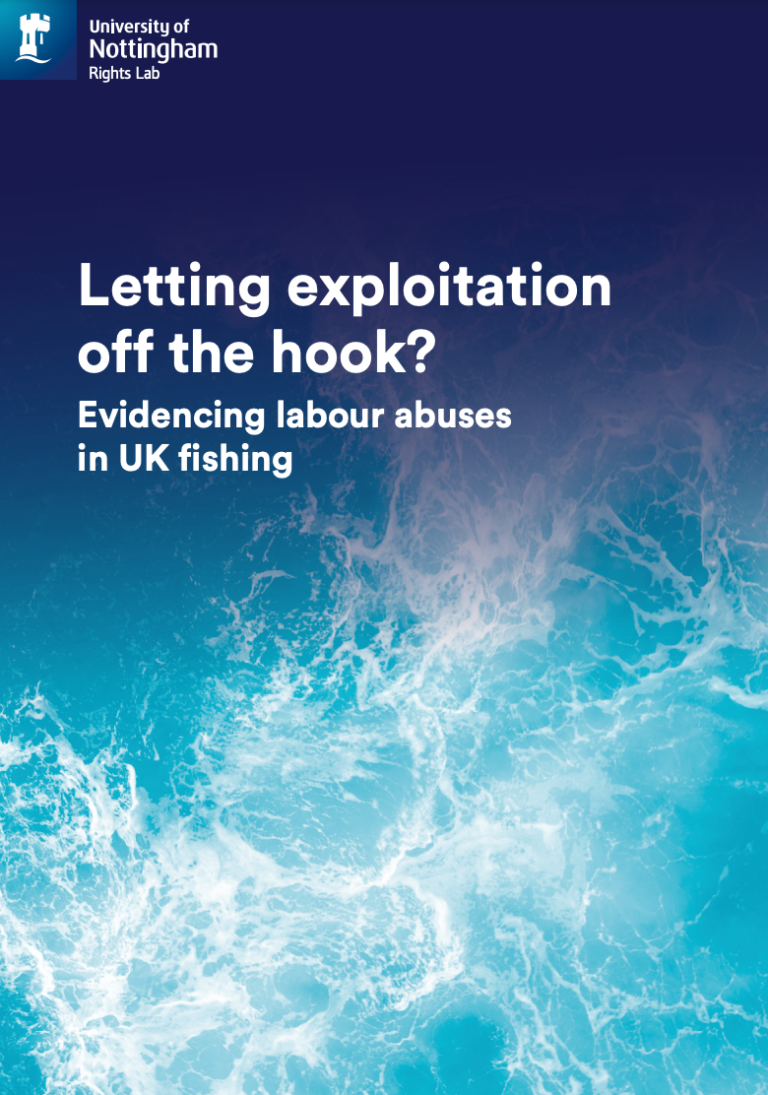Year-on-year, the number of migrant fishers crewing United Kingdom-flagged fishing vessels is seemingly increasing. Primarily from European states, the Philippines, and Ghana with fewer numbers of fishers from Indonesia, India, and Sri Lanka, there have long been concerns and reports of systemic pay and wage inequalities, pervasive labour abuses, and exploitative immigration schemes. In January 2020, the International Labour Organization’s (ILO) (2007) Work in Fishing Convention (C188) came into force in the United Kingdom (UK). In conjunction with the Modern Slavery Act, on paper, the UK has one of the most stringent fisheries labour regulation environments; yet the abuse of migrants continues.

